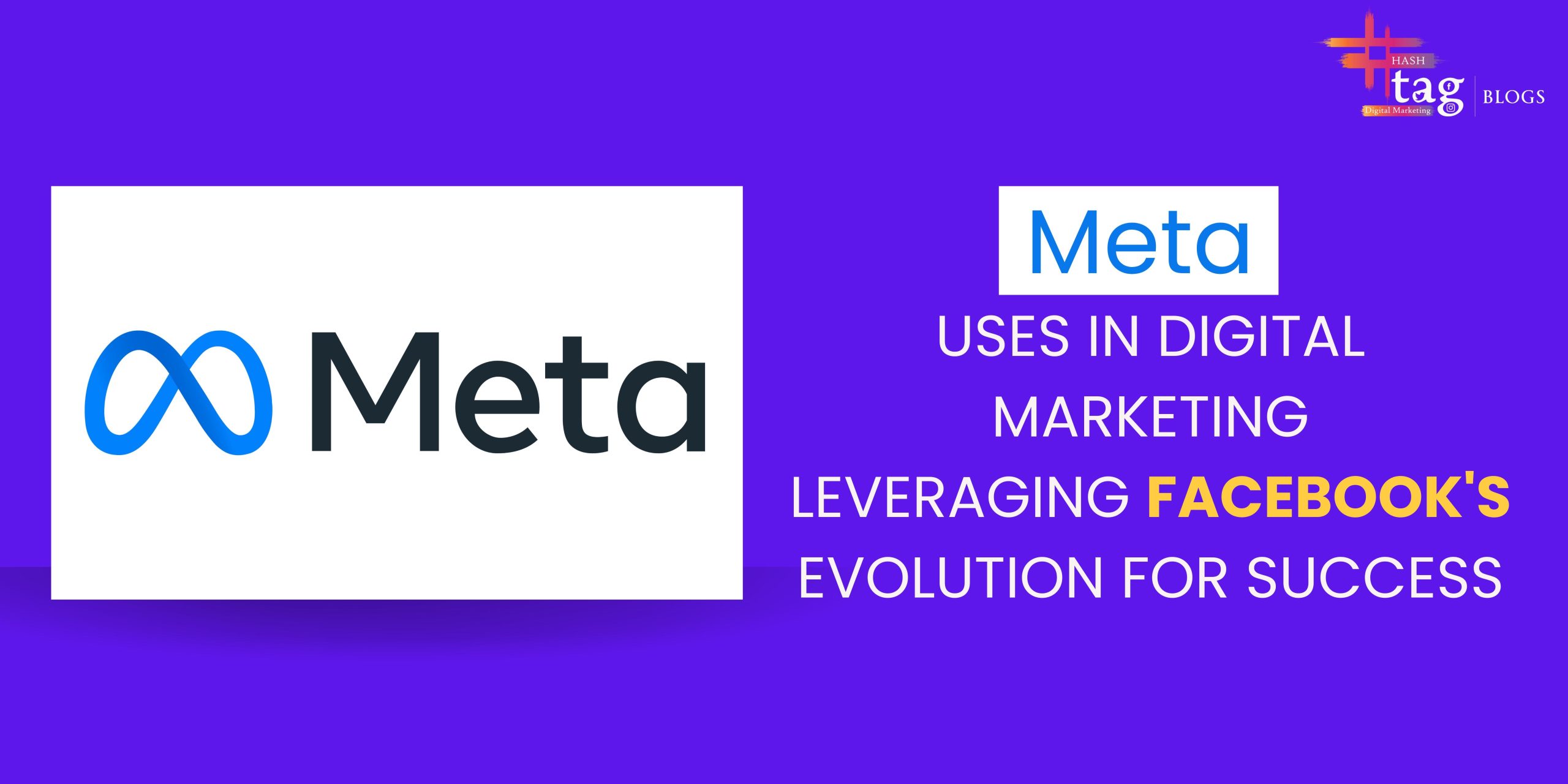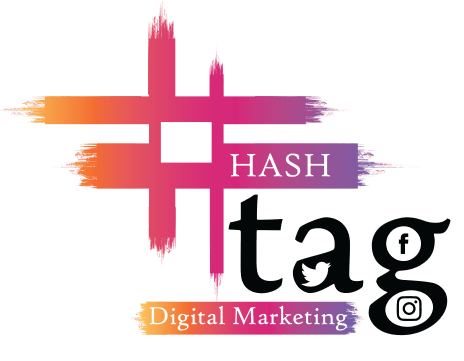Artificial Intelligence (AI) has revolutionized the digital marketing landscape, offering unparalleled capabilities for targeting, personalization, and automation. While AI-powered tools and technologies have opened up new opportunities for marketers, they also raise significant ethical considerations that must be addressed. In this article, we explore the ethical implications of using AI in digital marketing and the challenges and responsibilities that marketers face in leveraging this powerful technology.
Data Privacy and Security
One of the primary ethical concerns surrounding AI in digital marketing is the collection, storage, and use of personal data. AI algorithms rely heavily on data to make decisions and predictions, which can raise privacy concerns if not handled responsibly. Marketers must ensure transparency and consent in data collection practices and implement robust security measures to protect sensitive information from unauthorized access or misuse.
Algorithmic Bias and Discrimination
AI algorithms are not immune to bias, as they are trained on historical data that may reflect societal biases and prejudices. In digital marketing, biased algorithms can lead to discriminatory outcomes, such as unfairly targeting or excluding certain groups based on race, gender, or other characteristics. Marketers must be vigilant in detecting and mitigating bias in AI systems to ensure fairness and inclusivity in their campaigns.
Manipulative Marketing Tactics
AI-powered personalization allows marketers to deliver highly targeted and persuasive messages tailored to individual preferences and behaviors. While this can enhance user experience and engagement, it also raises concerns about manipulative marketing tactics. Marketers must strike a balance between personalization and respect for consumer autonomy, avoiding deceptive practices or psychological manipulation that exploit vulnerabilities or manipulate emotions.
Transparency and Accountability
The complexity of AI algorithms can make it challenging to understand how decisions are made and what factors influence the outcomes. Lack of transparency can erode trust and accountability, as consumers may feel uneasy about the use of AI in marketing if they don’t fully understand its implications. Marketers must prioritize transparency in their AI-driven strategies, providing clear explanations of how AI is used and ensuring accountability for its ethical implementation.
Impact on Employment and Society
The widespread adoption of AI in digital marketing has implications beyond the marketing realm, affecting employment, society, and the economy at large. AI-powered automation may lead to job displacement in certain industries, exacerbating inequality and socioeconomic disparities. Marketers must consider the broader societal impact of their AI initiatives and work towards solutions that prioritize human well-being and social responsibility.
Consumer Trust and Consent
At the heart of ethical digital marketing is the principle of consumer trust and consent. Marketers must earn and maintain the trust of their audience by being transparent, honest, and respectful in their practices. This includes obtaining explicit consent for data collection and processing, honoring user preferences and privacy settings, and respecting individuals’ right to control their online experiences.
Navigating the Ethical Landscape of AI in Digital Marketing
As AI continues to reshape the digital marketing landscape, marketers must navigate a complex ethical landscape that demands careful consideration and responsible stewardship. By prioritizing principles such as data privacy, fairness, transparency, and consumer trust, marketers can harness the power of AI in ways that benefit both businesses and society while mitigating potential risks and ethical concerns.







